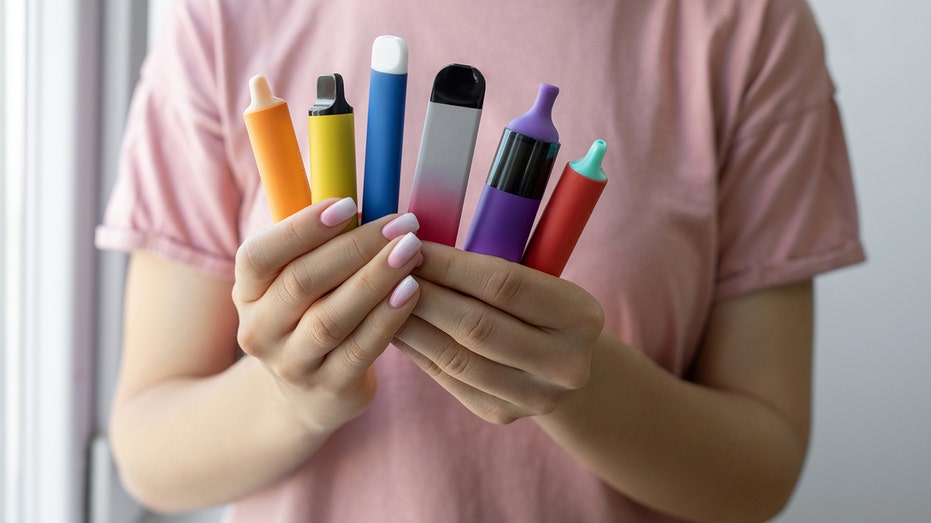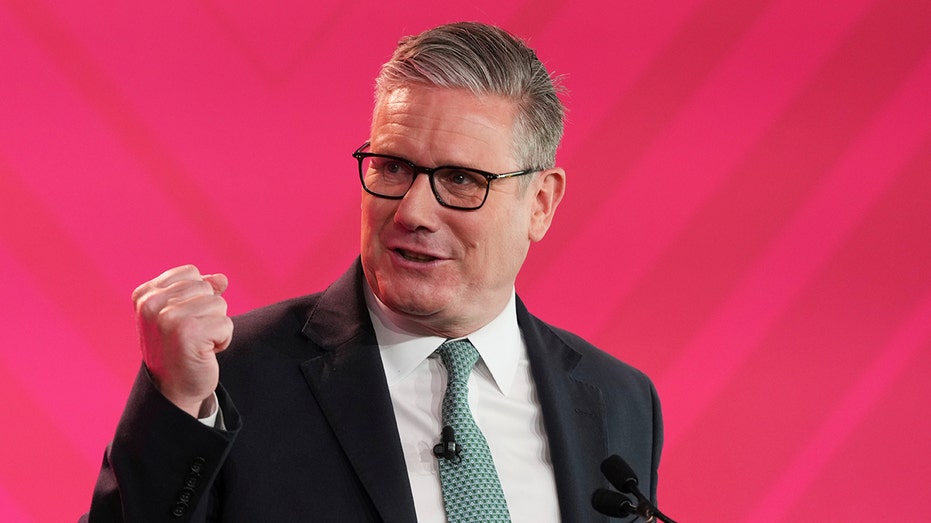21,000% Spike in MA Vape Seizures Exposes Flaws in Flavored Cigarette Ban, Says Ex-ATF Official

Sarah Johnson
March 12, 2025
Brief
Massachusetts sees a 21,000% spike in vape seizures after its flavored tobacco ban, fueling black markets and cross-border sales while raising doubts about the ban's effectiveness.
Massachusetts is facing a staggering 21,000% surge in vape seizures, raising questions about the effectiveness of the state's flavored tobacco ban. A recent report by the Bay State’s Illegal Tobacco Task Force revealed that vape seizures skyrocketed to 279,432 units in fiscal year 2024, compared to just 1,300 the previous year. Former New York City Sheriff Edgar Domenech, who once served as an ATF official, bluntly described the situation as a failure, calling the ban an "embarrassing catastrophe."
Domenech noted that the prohibition, which made Massachusetts the first state to ban flavored tobacco in 2019, has inadvertently fueled illegal markets. He stated, "They are spending so much time seizing so much product they literally can’t find a place to store the contraband." Smugglers and cartels, he suggested, saw the ban as an opportunity to thrive.
The unintended consequence? Neighboring states like New Hampshire are now benefitting from increased sales as Massachusetts residents cross borders to purchase their goods. Domenech argued that banning adult products like vapes doesn't eliminate demand but shifts it into unregulated markets. "It moves sales out of the stores and into the streets," he added.
In January, Boston police arrested Parrish Jones, a Dorchester man, for trafficking 700 packages of unstamped menthol cigarettes and 50 grams of crack cocaine. Meanwhile, in June, another Massachusetts man faced charges for allegedly evading nearly $500,000 in excise taxes on vape products. These incidents highlight the growing black market fueled by the ban.
The ban, signed into law in 2019 by then-Governor Charlie Baker, was intended to curb youth vaping and smoking. However, the explosive growth in illegal activity suggests the policy might need rethinking. Domenech suggested that while enforcing the law is important, the effectiveness of the law itself must also be evaluated.
The state's attorney general has been actively pursuing vape companies that allegedly violated the flavored tobacco ban, filing lawsuits as recently as 2024. Additionally, Massachusetts lawmakers, including Sen. Jason Lewis and Reps. Kate Lipper-Garabedian and Tommy Vitolo, have proposed legislation to phase out all tobacco and nicotine sales, starting with those who are currently underage.
While the intention behind these regulations seems noble, the reality on the ground paints a chaotic picture. With contraband piling up and tax revenues flowing to neighboring states, Massachusetts might need to reconsider its approach to balancing public health and practicality.
Topics
Editor's Comments
This is one of those 'good intentions gone awry' stories. The 21,000% spike in vape seizures screams unintended consequences louder than a foghorn. Banning flavored tobacco to curb youth addiction is noble, sure, but when you end up creating a black market so big you can't even store the contraband? That's gotta make you pause and rethink the strategy. Also, Massachusetts might want to check in with New Hampshire to see how their tax revenues are doing—because I bet they're loving this.
Like this article? Share it with your friends!
If you find this article interesting, feel free to share it with your friends!
Thank you for your support! Sharing is the greatest encouragement for us.



